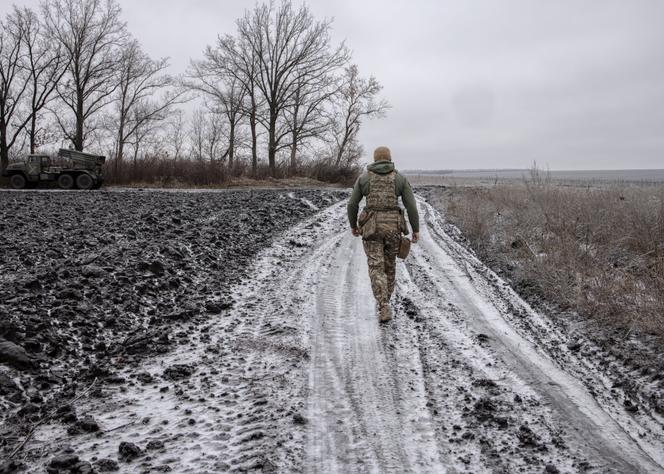


The meeting took place in Astana on November 9. It was a private affair, in Kazakhstan's gilded presidential palace, a building typical of the architecture favored by leaders of former Soviet countries. President Kassym-Jomart Tokayev had just wished Vladimir Putin, who he was receiving on a diplomatic visit, a happy birthday.
The two presidents were seated behind lecterns. Tokayev introduced the session: "Allow me to begin by thanking the highly respected Vladimir Vladimirovich." A simple message, but spoken in Kazakh. Although Kazakh – along with Russian – is the country's official language, this was a first. You only had to look at the faces of the Russian delegation, eyebrows raised as they searched for the translation screen, to understand the significance of these 25 seconds – the time taken by Tokayev to switch back to Russian.
"Tokayev would never have allowed himself such an initiative before the war in Ukraine," said Temur Umarov, a researcher at the Carnegie Center and specialist in the foreign policy of Central Asian states. "It's both a continuation of Kazakhstan's policy of national assertion and a clear message that the country is not ready to blindly follow Russia."
Tokayev had already got that message across. In June 2022, at Putin's side in Saint Petersburg, the Kazakh president warned that his country had no intention of recognizing Russia's annexations of Ukraine, unless it wanted to see the world descend into "chaos." Six months earlier, it was thanks to the intervention of Moscow's troops that Tokayev had saved his seat, threatened by huge riots.
These signals from Astana are all the more revealing given that Kazakhstan has always been extremely cautious in its dealings with Russia, which it regards as its most important partner in Central Asia, if not its most important ally.
The reactions of Russian diplomats do little to mask the turmoil that has gripped Moscow. Commenting on French President Emmanuel Macron's visit to Kazakhstan a few days before Putin's, Russian Foreign Minister Sergey Lavrov expressed his annoyance in a television appearance: "The European Union makes no secret of its intention to contain us in every possible way, to drive us out of Central Asia and the South Caucasus. It won't work."
Today, Russia finds itself on the defensive in these two regions which, along with the former Soviet countries of Eastern Europe, form what Moscow calls its "near abroad" – a concept that aptly describes the strength of the embrace, from which only the Baltic States have managed to extricate themselves without too much damage. The war in Ukraine has sent shockwaves unprecedented since the collapse of the USSR, upsetting the balance of power, sometimes imperceptibly, sometimes brutally.
You have 85% of this article left to read. The rest is for subscribers only.
